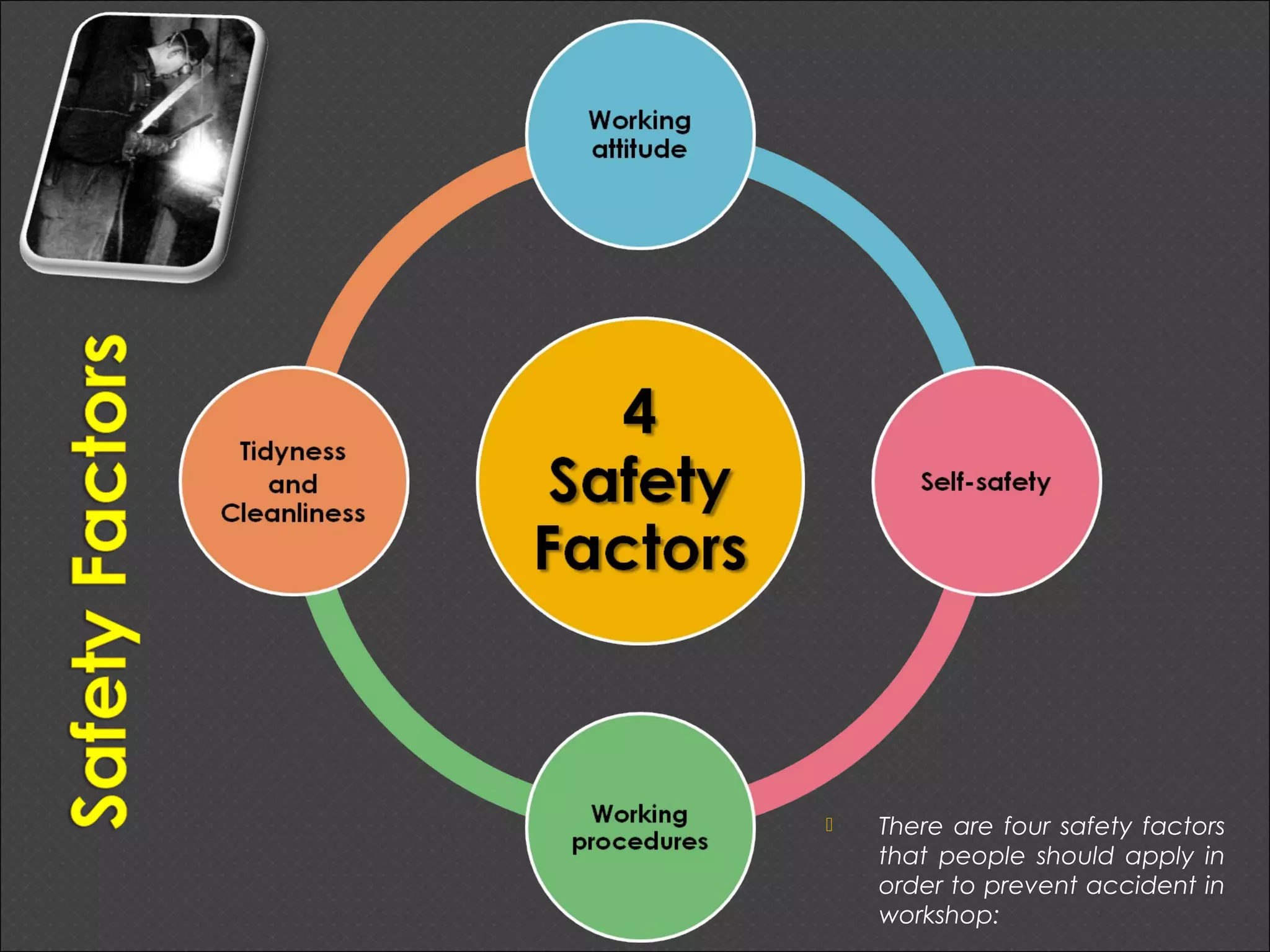
- Teacher: Admin User
Moodle is an open-source Learning Management System (LMS) that provides educators with the tools and features to create and manage online courses. It allows educators to organize course materials, create quizzes and assignments, host discussion forums, and track student progress. Moodle is highly flexible and can be customized to meet the specific needs of different institutions and learning environments.
Moodle supports both synchronous and asynchronous learning environments, enabling educators to host live webinars, video conferences, and chat sessions, as well as providing a variety of tools that support self-paced learning, including videos, interactive quizzes, and discussion forums. The platform also integrates with other tools and systems, such as Google Apps and plagiarism detection software, to provide a seamless learning experience.
Moodle is widely used in educational institutions, including universities, K-12 schools, and corporate training programs. It is well-suited to online and blended learning environments and distance education programs. Additionally, Moodle's accessibility features make it a popular choice for learners with disabilities, ensuring that courses are inclusive and accessible to all learners.
The Moodle community is an active group of users, developers, and educators who contribute to the platform's development and improvement. The community provides support, resources, and documentation for users, as well as a forum for sharing ideas and best practices. Moodle releases regular updates and improvements, ensuring that the platform remains up-to-date with the latest technologies and best practices.
Links of interest:


COURSE INTRODUCTION
Welcome to Workshop Technology!
Welcome to this comprehensive Workshop Technology course! This is a fundamental unit in your diploma program that will equip you with essential practical skills and theoretical knowledge required in modern engineering workshops. Whether you're pursuing civil engineering, mechanical engineering, or related technical fields, the competencies you'll develop here form the backbone of hands-on technical work.
What This Course Is About
Workshop Technology is where theory meets practice. In this course, you'll learn to:
These skills are not just academic—they're the same competencies used by technicians and engineers in manufacturing plants, construction sites, automotive workshops, fabrication shops, and maintenance facilities worldwide.
Why This Course Matters
In today's engineering world, understanding workshop processes is crucial because:
Course Structure
This course is organized into 4 weeks with 2 modules per week, totaling 8 comprehensive modules:
WEEK 1: Safety & Measurement Fundamentals
WEEK 2: Basic Metal Works (Part 1)
WEEK 3: Basic Metal Works (Part 2) & Heat Treatment
WEEK 4: Materials Analysis & Testing
Each module includes:
Learning Approach
This course uses a practical, hands-on approach with approximately:
You'll work individually and in groups, developing both technical skills and teamwork abilities essential in real workshop environments.
Assessment Strategy
Your competency will be assessed through:
What You'll Need
Required Materials:
Provided by Institution:
Expectations and Ground Rules
What We Expect From You:
What You Can Expect From This Course:
Success Tips
To excel in this course:
Career Pathways
Skills from this course prepare you for roles such as: